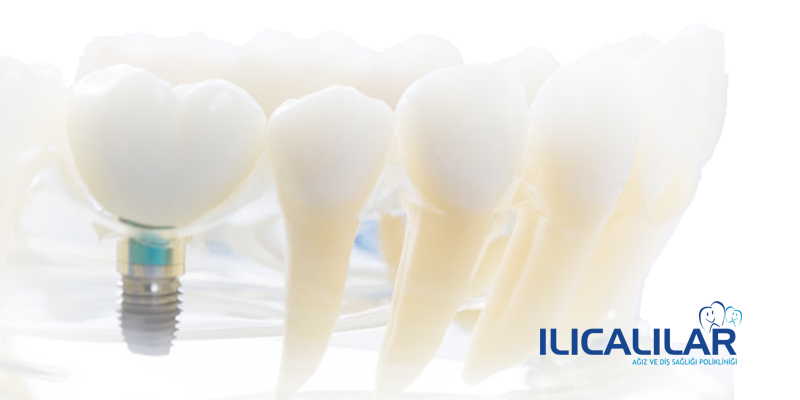Nowadays, dental implants are undoubtedly the best alternative to natural teeth. It provides a better speech and chewing function than traditional bridges and prostheses, and brings a natural look to your face.
It is understood that the implant is the most common dental treatment in the 21st century. When the correct diagnosis is performed with sufficient knowledge, experience and equipment, the dental implant is a form of treatment that can provide successful results for the patient and the physician.

